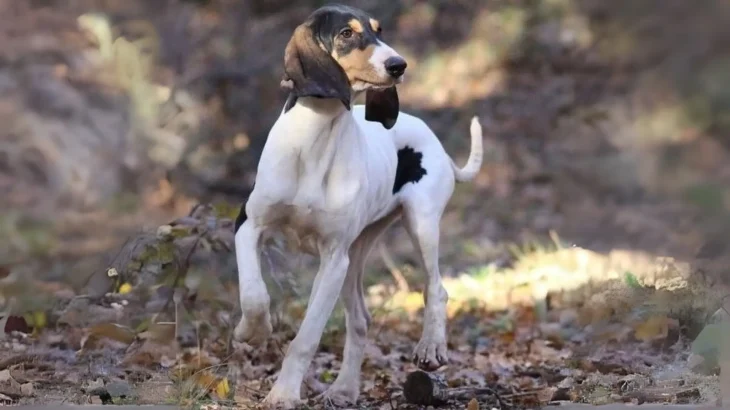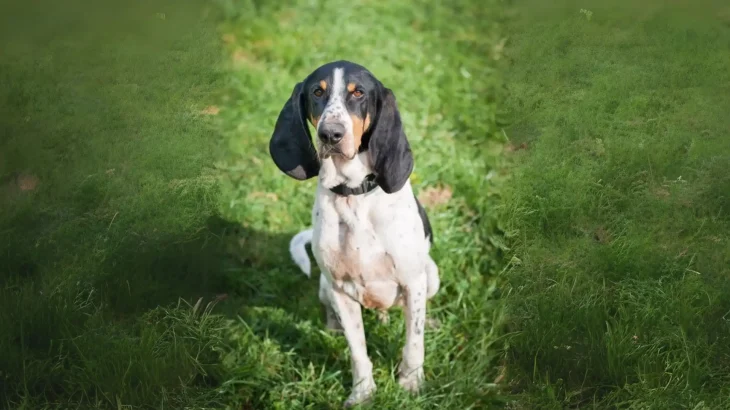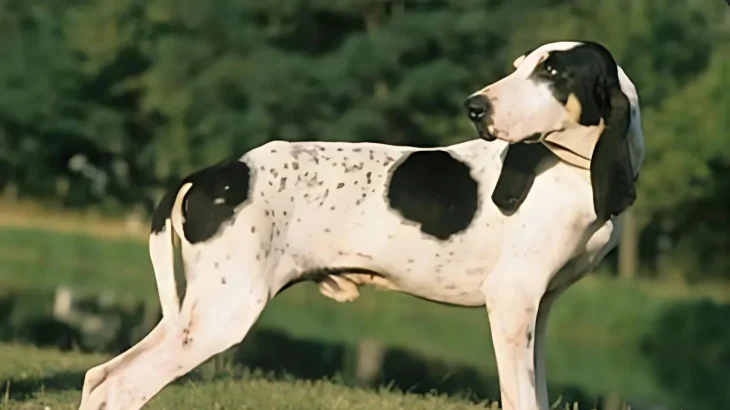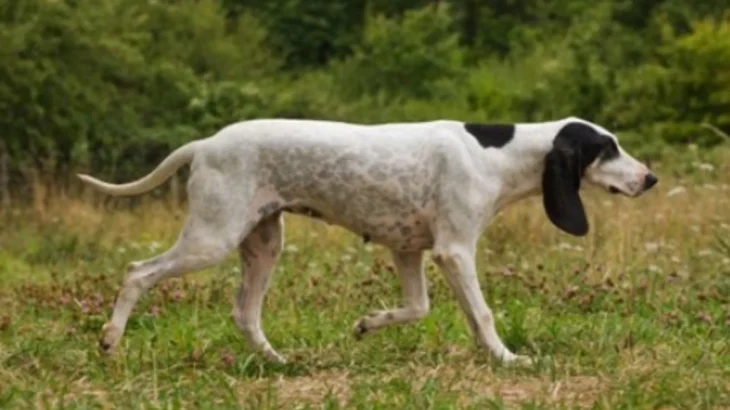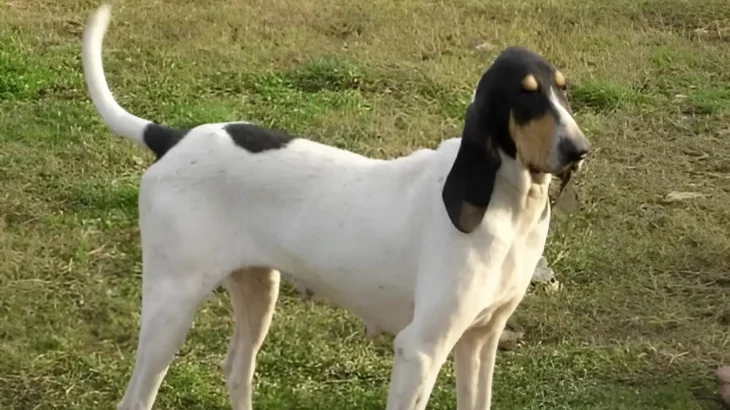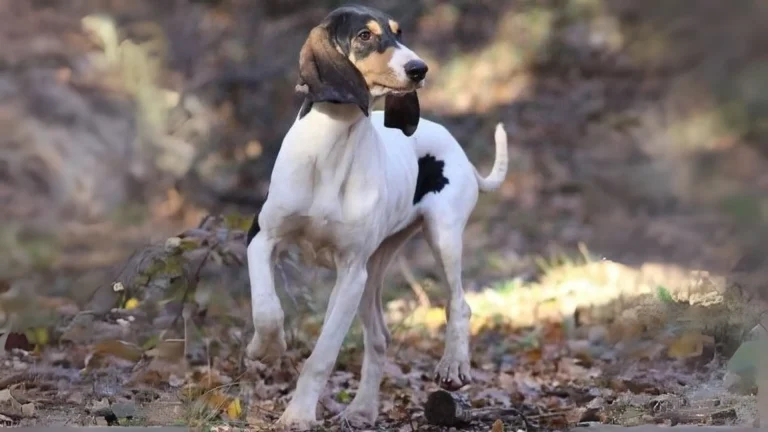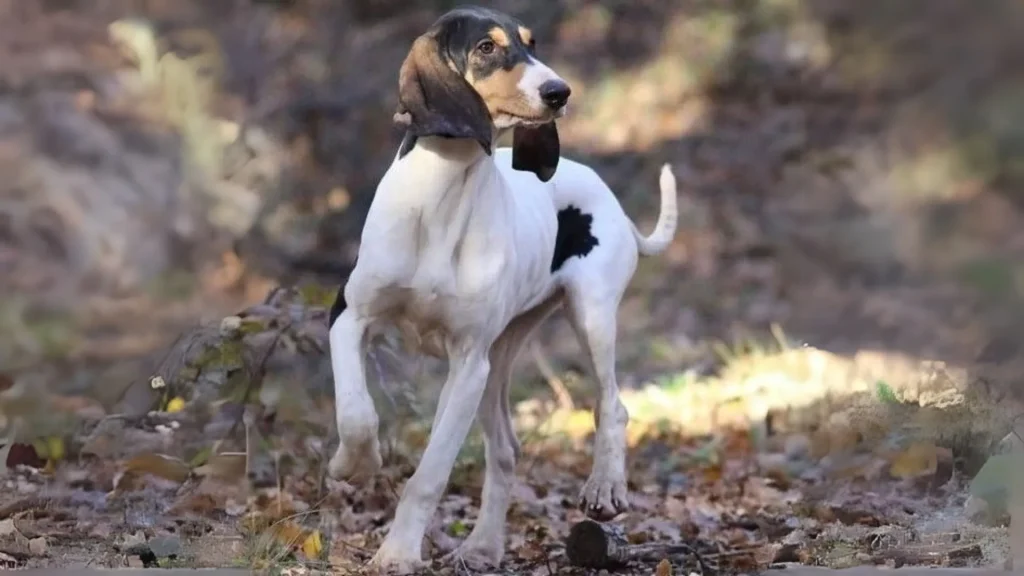Choosing between adopting or purchasing an Ariegeois puppy depends largely on what you value most in your dog's background and your commitment to ethical practices. Buying from a breeder can offer clearer insights into the puppy's lineage and health, while adopting often means giving a deserving dog a much-needed second chance.
Adoption vs. Breeder: Pros & Cons
| Criteria | Buying from Breeder | Adopting from Shelter/Rescue |
|---|---|---|
| Cost | Typically higher, as Ariegeois puppies from breeders may come with a premium reflecting breed purity and health screening. | Generally lower adoption fees, making it more budget-friendly for many owners. |
| Health History | Breeders often provide detailed health and genetic histories, minimizing surprises with hereditary conditions. | Health history may be incomplete or unknown, but shelters usually conduct baseline health checks. |
| Age Availability | Usually limited to puppies, allowing owners to raise them from a young age with breed-specific guidance. | Varied ages available, including adults, offering a chance to match your lifestyle and experience level. |
| Temperament Insight | Breeders can share temperament traits based on lineage and early observations. | Temperament tends to be assessed on a case-by-case basis based on shelter behavior observations. |
| Supporting Practices | Supports responsible breeding programs if chosen carefully; important to avoid puppy mills. | Helps reduce shelter overcrowding and gives a home to a dog in need, promoting animal welfare. |
| Ethical Considerations | Choosing a reputable breeder can ensure ethical breeding practices, but unethical breeders may cause harm. | Adoption aligns with ethical goals of rescue and rehabilitation, reducing demand for commercial breeding. |

